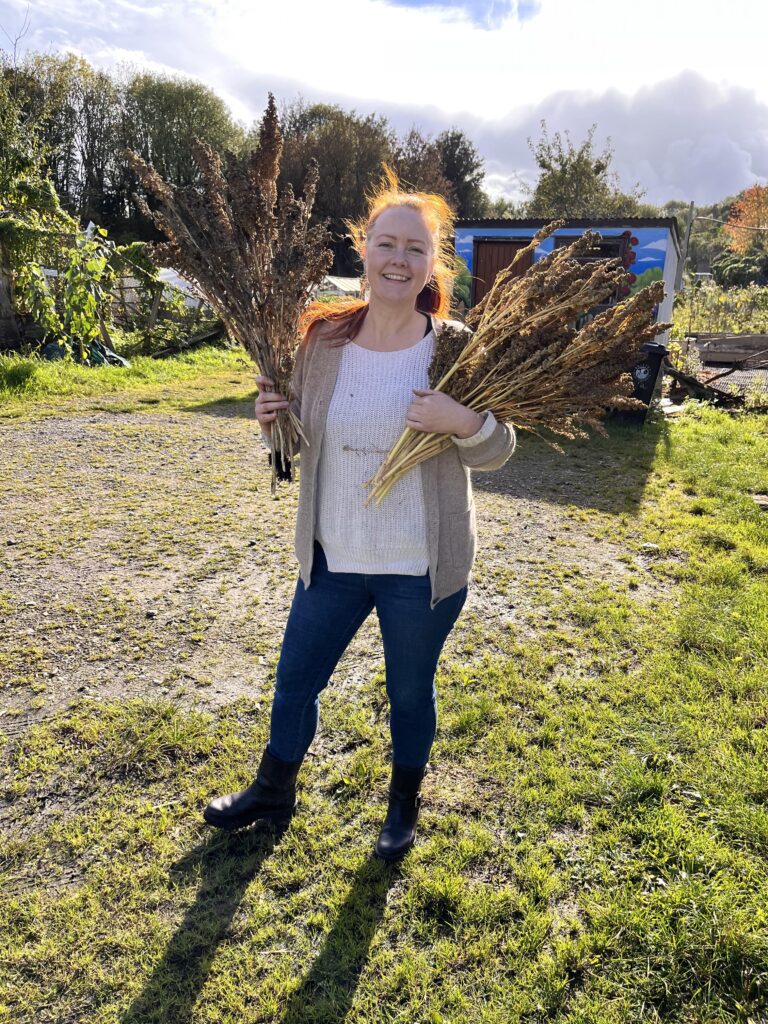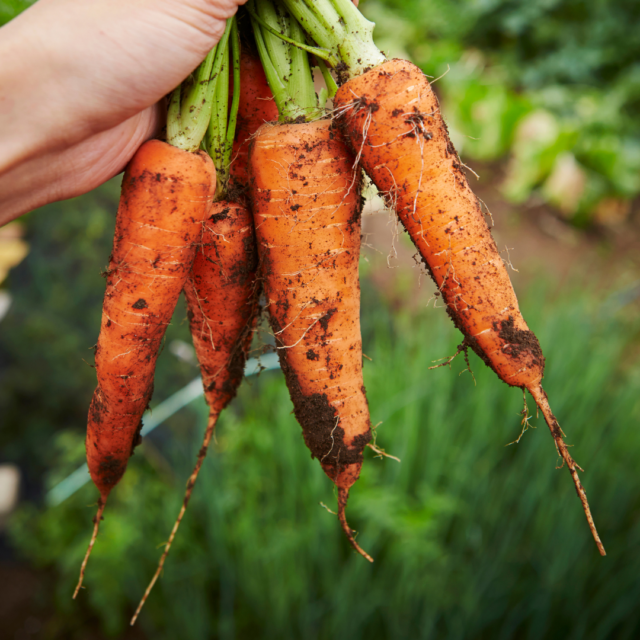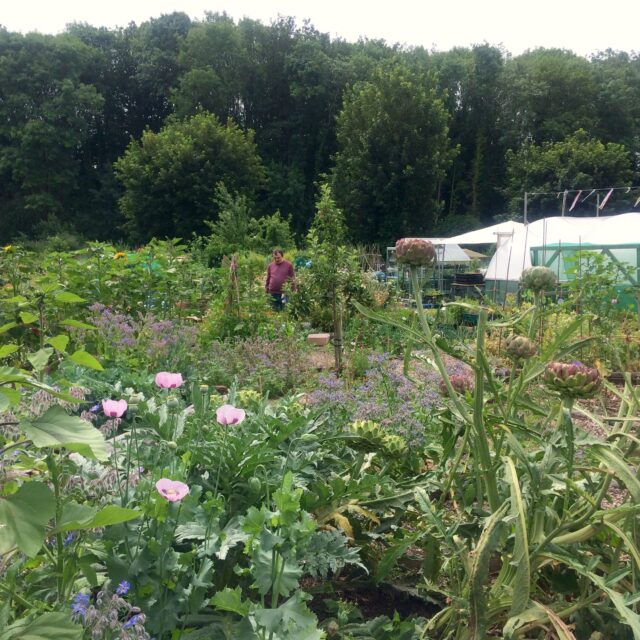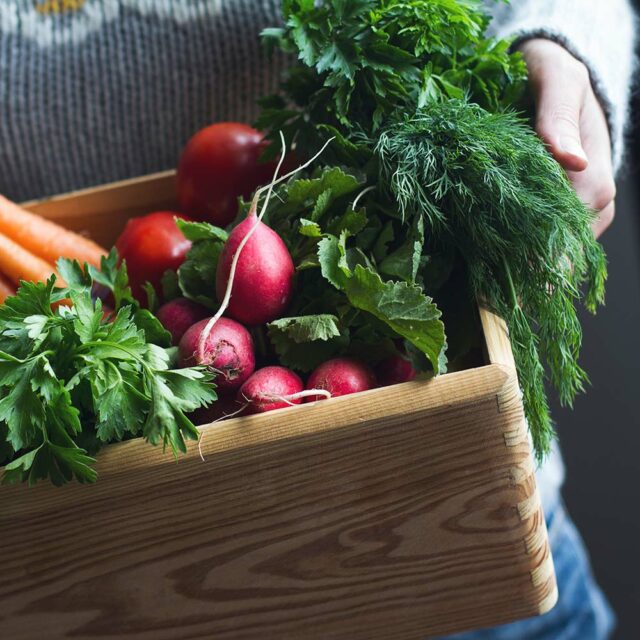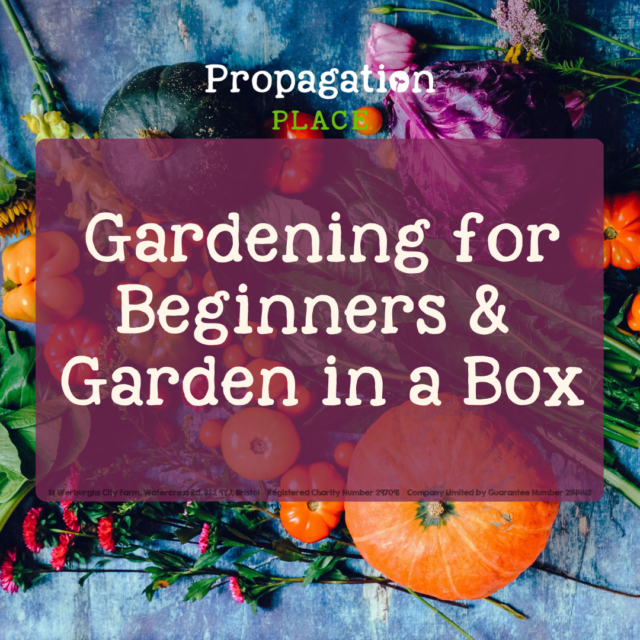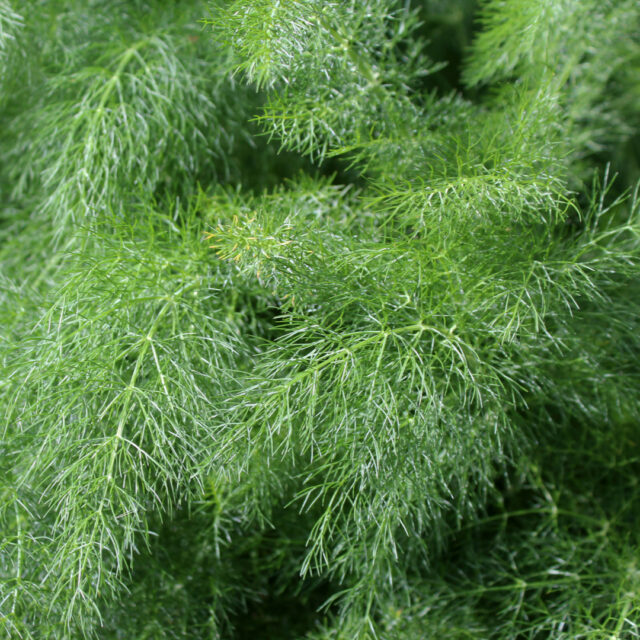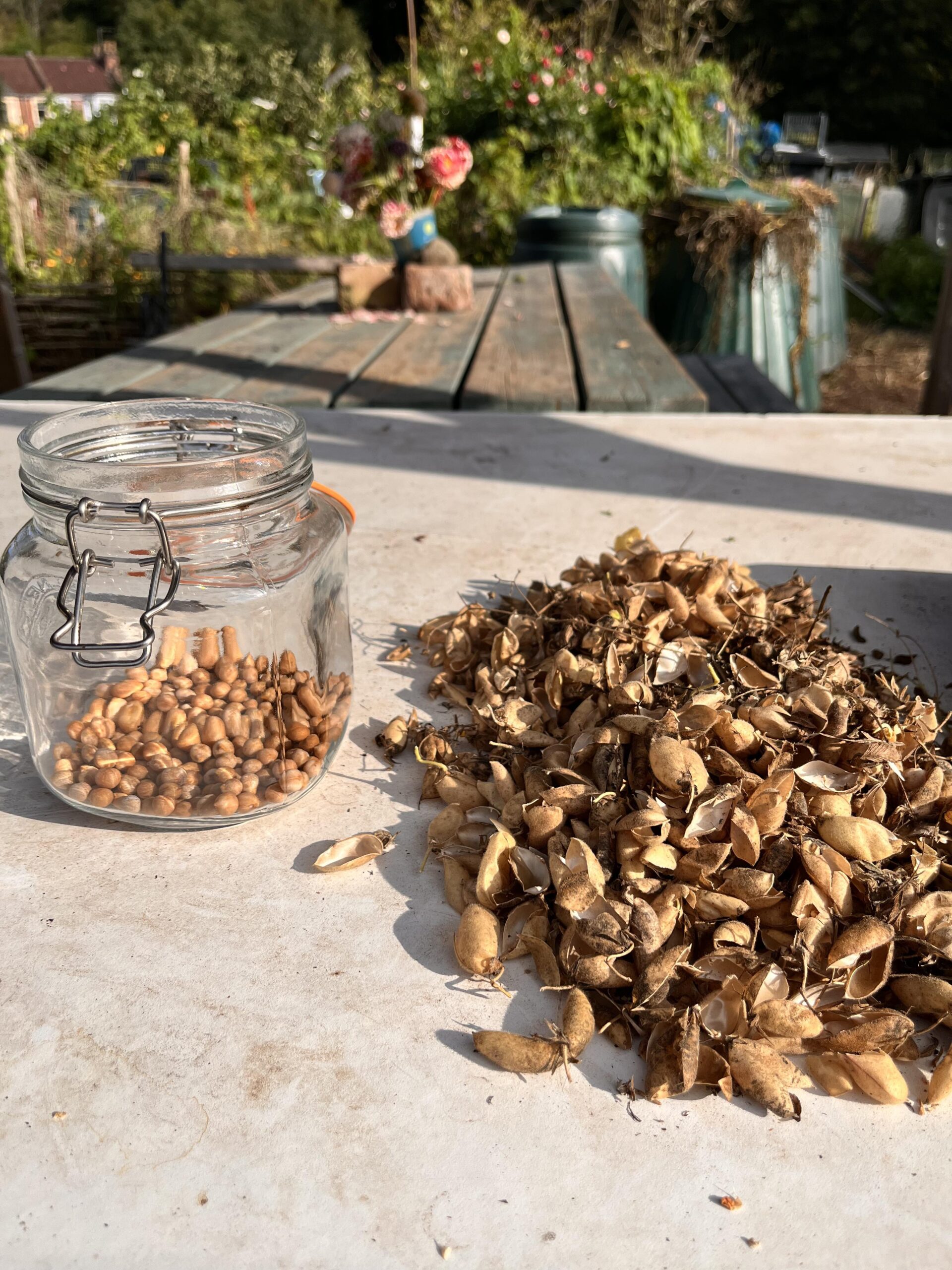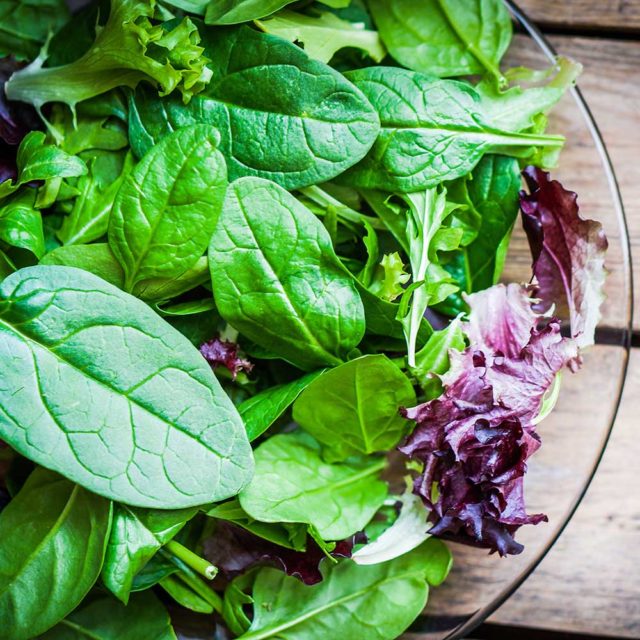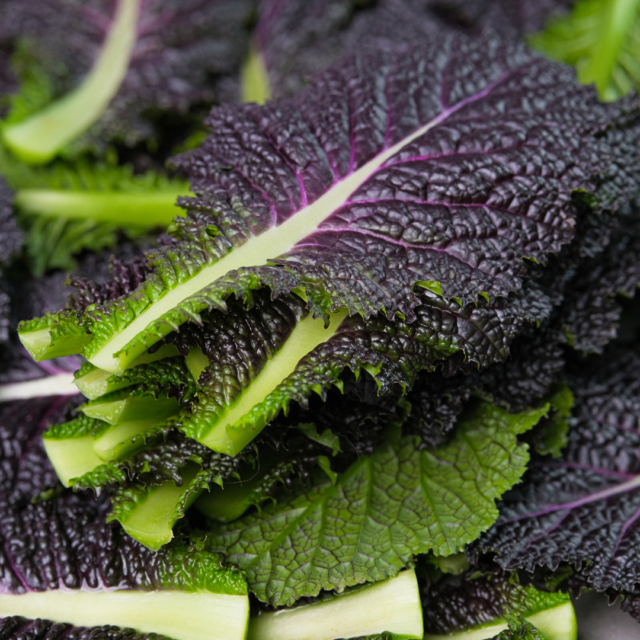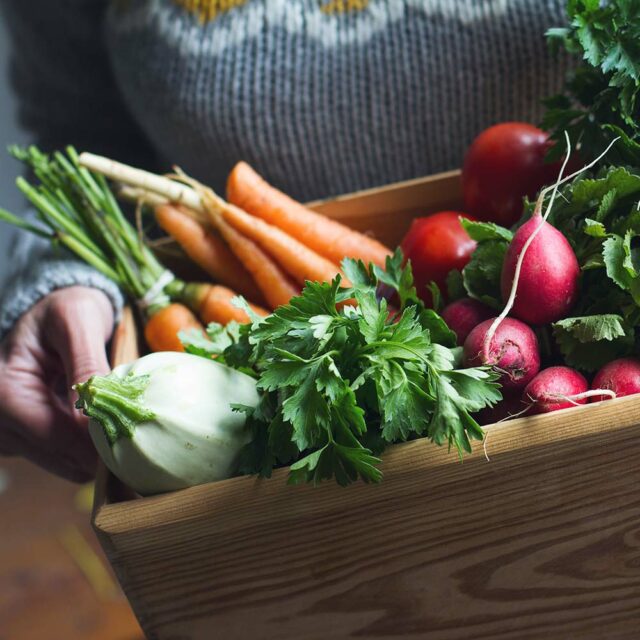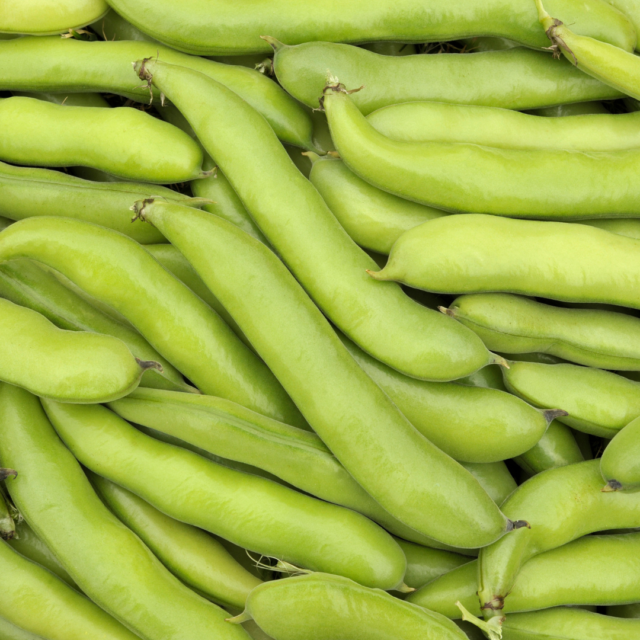This year, we wanted to dedicate one of the growing beds in our garden to a variety of experimental crops. We wanted to capture the curiosity of volunteers and visitors. We wanted to encourage them to ask questions about unusual plants, and to learn more about the food we eat and the potential of growing these crops in urban spaces, such as Bristol.
The Experiment
Our experiment this year involved growing chickpeas, quinoa, and amaranth. These are not your typical garden crops, and that’s precisely why we chose them. We wanted to challenge ourselves and those around us to think outside the box when it comes to gardening in an urban environment.
The Harvest
We managed to harvest some chickpeas a good amount of quinoa towards the end of the summer. However, the amaranth did not produce any seeds, and we suspect we might have planted it too late in the season. But in the world of gardening and experimentation, there are no failures, only lessons learned.
Connecting with Food
One of the most exciting aspects of this was how it deepened our connection with the food we consume. Many of us take for granted the ease with which we can acquire a can of chickpeas or a bag of quinoa from the supermarket. How often do we stop and think about how these foods are grown and where they come from?
Did you know that a can of chickpeas contains approx. 200 individual peas? It took us over about two hours to harvest, peel, sort, and acquire less than that. Large-scale farming luckily has the machinery to help with this process, but understanding the effort that goes into producing the food we eat can make us appreciate it even more.
Thriving in the UK
Growing these crops in our little garden showed us that these crops can thrive here in the UK! Rural small farms in Suffolk, Sussex, and Shropshire are already cultivating quinoa on a larger scale. Companies like Hodmedod’s and The British Quinoa Company are leading the way, showing that these crops can be successfully grown on British soil.
